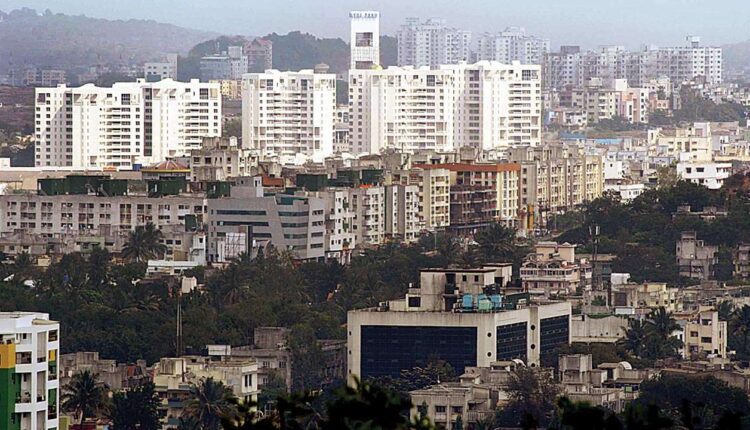After the Reserve Bank of India (RBI) decision to raise the repo rates by 25 bps, affordable housing would become costlier, according to realtors and property consultants.
Affordable housing, which was already under stress due to skewed economics, would further be hit as builders now concentrate on segments with buyers.
On Wednesday, the apex bank raised the repo rate – the rate at which it lends to the banks- to 6.5 per cent. This was the fifth increase in repo rates over the last year and banks have already passed on the burden to the end customers. Thus home loans, which were at historically low rates, have moved north and are expected to breach the 9.5 per cent rate soon. While the move is expected not to pinch the mid and luxury segments, it will significantly affect the lower-mid and affordable segments.
Anuj Puri, chairman of property consultant Anarock, pointed out the affordable segments were already in deep distress. “Given that interest rates may breach the 9.5 per cent mark with this hike, we may see some pressure on sales volumes in the affordable and lower mid-range housing segments, which are more cost-conscious. The affordable segment has already been in the doldrums, and adding further to the acquisition cost obviously does not help,” he said.
Saket Mohta, managing director of Merlin Group, also negated any effect of this price hike on the luxury segment. “The global recession prompted the apex bank to tighten the policy, which will have a resultant impact on home loans. Home buyers’ sentiment will be hurt and potential buyers may have parked their decision to own homes aside for some time,” he said.
On the other hand, Puri pointed out that commodity prices are expected to stabilise with inflation on the decline. Also, the revival of the Indian economy and the positive sentiments in the market would ensure consumers invest in real estate.
Monetary policy impacts real estate demand in several ways. When the central bank raises interest rates, borrowing costs for buying real estate increase, which can reduce demand for housing; conversely, when interest rates are low, borrowing costs are lower, and demand for real estate may increase.
Also, an expansionary monetary policy, which increases the money supply, can lead to increased consumer spending and borrowing, potentially driving up demand for real estate.


